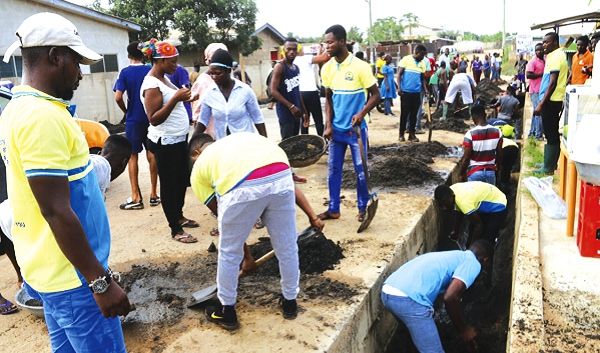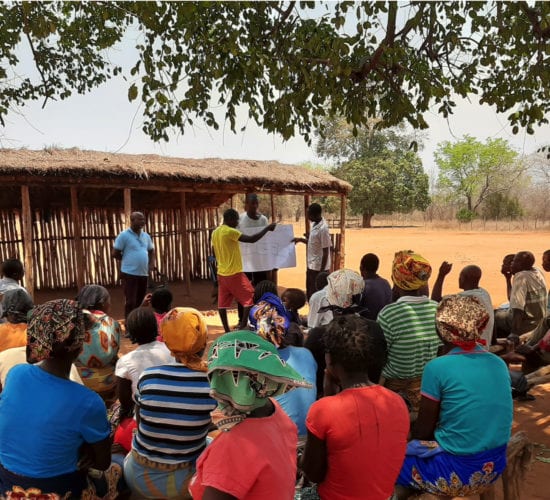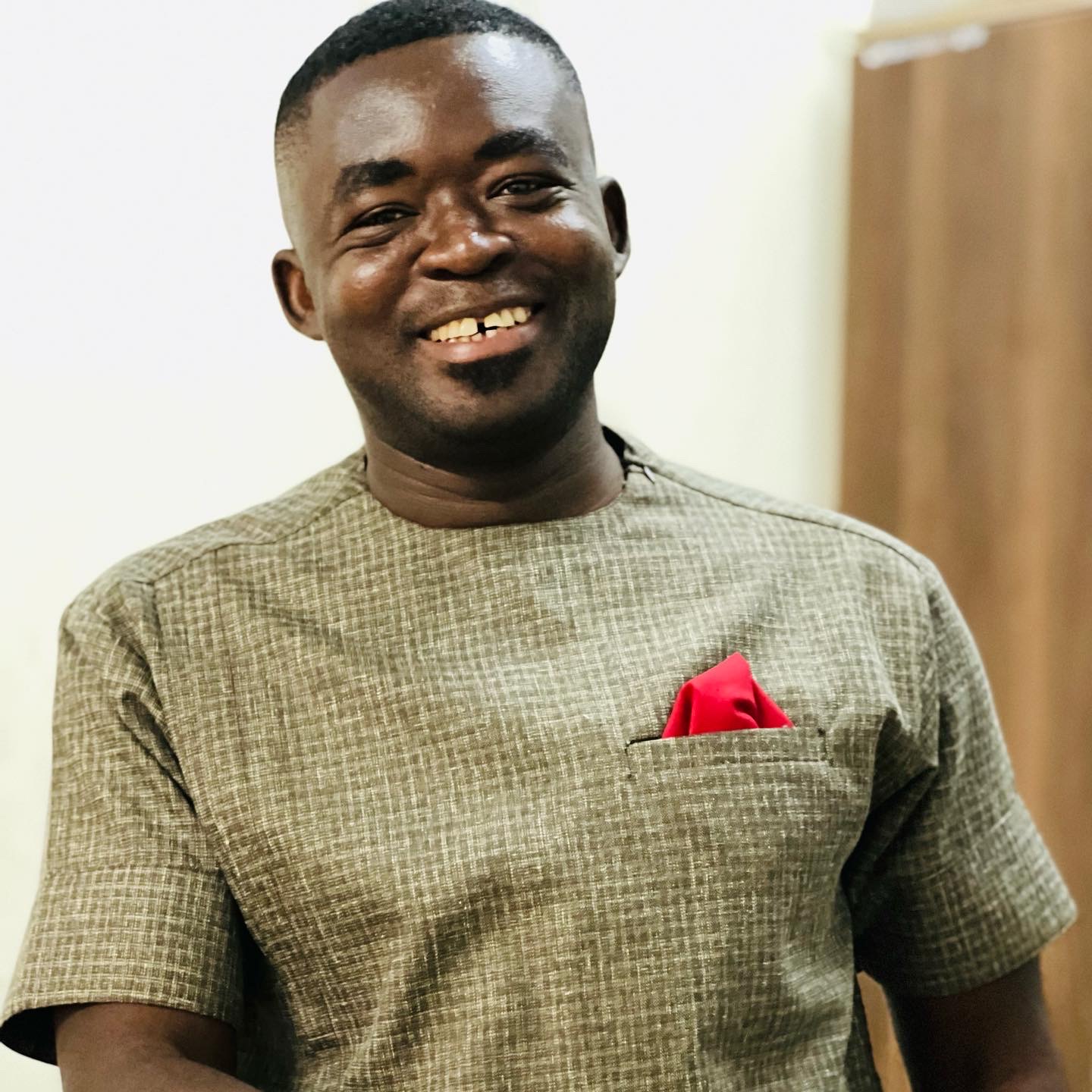Social Studies is not a mere discipline, it’s a way of life and one that seeks to solve persistent problems of society that threaten human survival and achievement of national goals. The discipline cannot do this on its own, it needs active and effective citizens to undertake this activity hence the provision of citizenship education to equip students with the pre-requisite and relevant skills, knowledge, attitudes, and values to live as ambassadors of society who will engage in citizen actions to address societal problems. Social Studies supports active, effective, and responsible citizenship. The general objective of Social Studies in the broader sense is to prepare students for a useful life so that they can be responsive, active, responsible, effective, and proactive members of their immediate communities and good citizens of their nations (Classhall, 2020). For this objective to be achieved, students, Social Studies practitioners, and “citizens” among other things should;
Constructively criticize government and corporate policies that they deem inimical to the progress and development of society and provide alternative solutions. Supporting the country’s policies and decisions is one part of keeping it on the path of prosperity and development while keeping track of government activities, being vigilant about them, and highlighting loopholes in policies are also needed in a democracy (Kumar, 2019). To be a citizen from the Social Studies perspective does not mean to remain silent and unconcerned about issues of society. Among the civic ideals that Social Studies teaches is critical thinking skills, allowing students to understand and address a situation based on all available facts and information. When using these skills, one will have to sort and organize facts, data, and other information to define a problem and develop effective solutions (Indeed Career Guide, 2020). This is highly expected of Social Studies students.
Discuss and speak against elements of social injustice and oppression such as exploitation, marginalization, powerlessness, cultural imperialism, and violence to foster social change while respecting and accepting divergent opinions (Sim 2008; Journell, 2010 cited in (Bergen & Mclean, 2014). For a society to thrive, there must be social justice, and “citizens’’ should not remain silent when social injustice is wrecking the society just because it does not affect them directly, such an act defies the common good principle. Social Studies is purely a problem-solving discipline that does so through its products. Hence it is highly expected of Social Studies practitioners to employ all reasonable means to address this problem be it through demonstration, signing of petitions, or expressing their dislike through the media to see social justice in society.

Among other things, respect, protect and defend human rights at all times. Human rights violation is a sign of retrogression therefore if Social Studies practitioners are not able to defend and respect this ideal that Social Studies preaches in their societies because they are not directly affected or their rights have not been abused then this will render the teaching of the subject not effective. Human rights abuse is a social canker therefore as people who are concerned about the development of society, the abuse of people’s rights should be vehemently opposed and spoken against to bring sanity to society. This can be done through protesting, demonstrations, or using social and traditional media to express dissatisfaction to see a change. The voices of protest against oppression have been heard; in every age which to a large extent have translated into programs of social action, and at times incorporated into the constitutions of states (Ishay, 1997).
Voluntary engage in communal labour, be part of or organize a group to solve societal problems in any small way you can. For example, one can take it upon himself or herself to engage in community cleaning exercises once every month to get rid of dirt in his or her community or can organize a group to do so. In the same way, one can write proposals to government and corporate organizations to present the plight of their community to them for attention. People can put up a structure say a toilet facility in their community for the benefit of the entire people in the area. This and many others are what the problem-solving mantra of Social Studies is about hence when students, people, Social Studies practitioners, or “citizens” can do these then we can say the teaching of the subject is effective.

Actively, effectively and voluntarily participate in civic and community life by working to make a difference in the civic life of one’s community through political or non–political processes either by voting during elections to elect responsible and reasonable leaders or to create spaces in the community for people to address their grievances, etc. (Ehrlich, 2020). People can organize groups to vote against attempts to change an entrenched clause in a constitution that they deem is an obnoxious law that will create more problems for society during a referendum. These among others are what Social Studies requires from its products.

In conclusion, the teaching of Social Studies is not just for the acquisition of knowledge, skills, values, and attitudes per se but is about putting to use that knowledge, attitudes, values, and skills acquired to make society a better place for all. The inability to engage in some of the above and many others in our societies after acquiring knowledge, attitude, values, and skills makes teaching the subject ineffective since by so doing it means what is happening in the classroom does not translate into effective citizen actions in the society. This is because, in the end, it is the impact the subject is making in society that matters, which is to produce effective, active, proactive, responsive, competent, and responsible citizens who will be contributing to societal development through engaging in citizen actions in their societies.
Author’s Profile: Musah Issaka is an educationist, a Social Scientist and a ghostwriter. He holds a first-class degree in Bachelor of Arts in Social Studies Education with Political Science from the University of Education, Winneba. He had his pre-tertiary education at Ghana Senior High School (GHANASCO), Tamale in the Northern Region. He is a professional academic tutor and a lead researcher at M. I Research Consult with over five (5) years of experience in writing articles and projects.
Recommended Citation: Musah, I. (2023). How The Teaching of Social Studies Can Translate into an Effective Citizen Action in The Society.
Please address all correspondence to: Musah Issaka by Phone: at (+233) 0247975555 and by email at musahishaaq74@gmail.com
REFERENCES
Bergen, J.K. & Mclean, L.R. (2014) Students as Citizens: Conception of Citizenship in a Social Studies Curriculum. Transnational Curriculum Inquiry, Volume (2). Retrieved from http://nitinat.library.ubc.ca/ojs/index.php/tci on 25/02/2020.
Classhall (2020). The General Objectives of Social Studies. Retrieved from https://classhall.com/lesson/general-objectives-of-social-studies/on May 27, 2020
Ehrlich, T. (2000). Civic Responsibility and Higher Education. Oryx Press. Retrieved from www.books.google.com.gh/books on May 30, 2020
Indeed Career Guide (2020). Critical Thinking Skills: Definitions and Examples. Retrieved from https://www.indeed.com/career-advice/career-development/critical-thinking-skills on May 28, 2020.
Ishay, M. R. (1997). The Human Rights Reader: Major Political Writings, Essays, Speeches and Documents From the Bible to the Present. New York: Routledge. Retrieved from www.books.google.com.gh/books On May 30, 2020
Kumar, S. (2019). Constructive Criticism of Government. Retrieved from https://www.thehindu.com/opinion/open-page/constructive-criticism-of-government/article29542527.ece on May 30, 2020.
Sim, J. B.-Y. (2008). What does citizenship mean? Social Studies teachers’ understanding of Citizenship in Singapore schools: Educational Review. 60:3, 253-266. Retrieved from https://wwww.researchgate.net/publication/233300409 On 25/02/2020.


